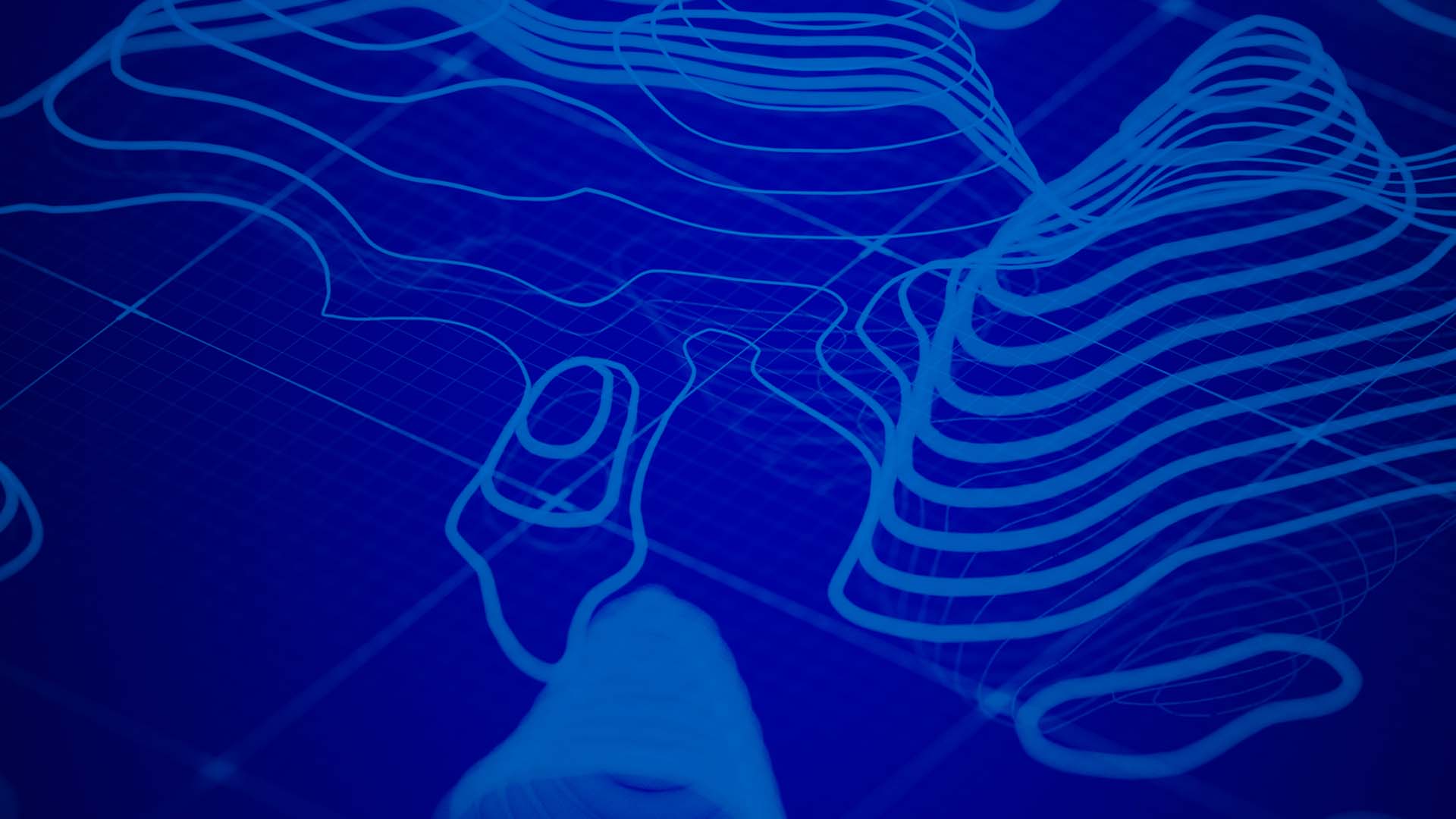Redlands, California—Esri is joining the Global Partnership for Sustainable Development Data, which the Sustainable Development Solutions Network (SDSN) organizes. Esri announced this commitment at the Third International Conference on Financing for Development in Addis Ababa, Ethiopia, the first of several conferences focused on financing Sustainable Development Goals.
This partnership with SDSN, the World Bank, the United Nations (UN), the ONE campaign, the Bill and Melinda Gates Foundation, the Center for International Earth Science Information Network (CIESIN) and others, will provide financial, political, and technical support for data creation that supports the Sustainable Development Goals. As the global leader in GIS technology, Esri will provide the ArcGIS platform to least-developed countries for the collection, management, monitoring, and use of sustainable development goals data.
Geospatial data and analysis are essential to achieving the goals, which include ending poverty and hunger, ensuring the availability and sustainable management of water and sanitation everywhere, combating climate change, and building resilient infrastructure. The ArcGIS platform will give countries the geoenabled information management framework they need as well as an easy way to openly share geospatial data. The ArcGIS platform will also provide content such as the digital Living Atlas of the World, which includes imagery, social, urban system, economic, and environmental data that can enrich understanding and inform decision making.
"We are excited to increase our support of the least-developed countries as we all work together to create a brighter future," said Esri president Jack Dangermond. "At its core, the ArcGIS platform supports understanding of complex issues and data-driven action, beginning with gathering good data and then analyzing it to reveal patterns and trends. We want to make it easier for countries to build smart communities where people and the environment are healthy and thriving."
Governments, international organizations, and civil society can use the ArcGIS platform in every phase of their work—from planning to implementing new processes and measuring success—to create a better, more sustainable world for all.
